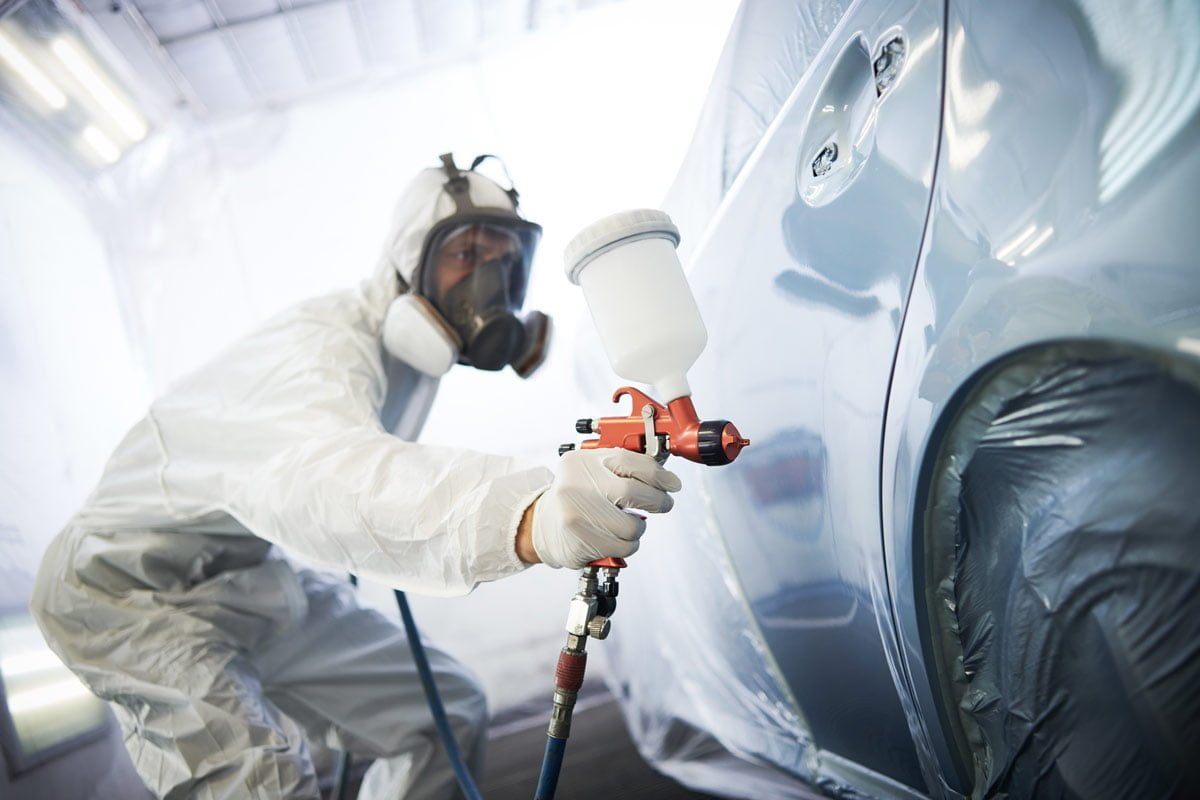Palm Beach Landscaping is the art and science of improving outdoor spaces. It adds beauty to our homes and can also increase resale value.
Visit botanical gardens, arboretums and local garden centers for inspiration. Take photos and make notes of elements that you love.
Prioritize unity and balance in your landscape design. Use repetition of certain plant species to create a pulled-together look, while mixing in new elements.
Many people believe that lawns are a symbol of the American Dream and provide a glimpse of nature in an urbanized world. However, the truth is that green grass lawns offer very little in terms of environmental benefits and are often detrimental to biodiversity. They also require high levels of water usage, which exacerbates water scarcity issues, and are polluted by chemical fertilizers and pesticides. As a result, their existence undermines healthy soil biology and contributes to climate change, biodiversity loss, and the accelerated overshoot of Earth’s ecological limits.
Lawns have long been seen as a status symbol, a status symbol that has been perpetuated through social and economic influences such as English aristocracy and relentless advertising. These forces have manipulated society into accepting a cultural norm that is harmful to the environment. However, transitioning away from these outdated lawns towards more sustainable landscapes is crucial to protecting biodiversity and preventing climate change.
In addition to being attractive, well-maintained landscaping includes a healthy lawn. Grass provides an important cooling effect that keeps outdoor spaces 30% cooler than asphalt and 14% cooler than bare ground. It also reduces noise pollution from traffic, neighbors and other sources by absorbing sounds and dampening vibrations.
Moreover, the roots of grass plants help to keep the soil loose and prevent erosion. They can also absorb excess rainwater and help to control flooding and runoff. The soil beneath lawns teems with life, including as many as 52 different arthropod families and 28 genera of nematodes. Lastly, turfgrass research has developed new varieties that can be grown without as much water and still thrive.
If you have a healthy, natural lawn, your property value will increase as well. Real estate studies consistently show that homes with a lush, green lawn sell for higher prices than those with bare soil or sparse vegetation.
Planting Beds
Gardeners use beds to grow flowers, herbs and vegetables. Beds can be framed for a formal look, or made by simply mounding soil and organic materials. When a bed is enclosed with boards, stones or other barriers, it becomes a raised garden. A mounded bed may also be contained by making gradual, sloping edges around it.
When constructing beds, it is important to consider the site and climate. If the area is prone to frost, beds should be constructed of a material that will resist damage from freezing temperatures. A good choice is redwood, cedar or hemlock wood. Beds can be framed with landscape timbers, railroad ties or decay-resistant wood stakes. To hold these stakes in place, drill holes through the timbers and drive construction rebar (a steel reinforcing bar) into them.
Soil should be tested for pH levels and amended as necessary before planting. Organic matter, limestone and fertilizer can be added at this time to improve the quality of the soil. A layer of mulch (hay, straw, wood chips or compost) will help suppress weeds and keep the soil moist without overwatering.
Water Features
Water features can turn any garden or outdoor space into a tranquil oasis. From a simple birdbath to a complex pond or waterfall, there is an option to fit any landscape design or budget.
Not only do water features add ambiance and beauty to the outdoors, but they also provide a number of other benefits such as:
Increased Property Value: A well-designed water feature can boost curb appeal and attract potential homebuyers. It can also help mask unwanted noise such as traffic or loud neighbors, creating a more peaceful atmosphere.
Personalized Style: The wide range of water features available makes it easy to find an option that fits your unique aesthetic. You can even choose a fountain or pond that matches the color of your home to create a cohesive look. Social Ambiance: A water feature can serve as a centerpiece for your outdoor living space, providing a beautiful setting for entertaining friends and family.
When choosing a landscape water feature, it is important to consider the size of your garden and any other factors that may influence its placement. For example, you will want to ensure that the feature is close enough to an electrical source and has access to a water supply. Additionally, you will want to make sure that it is safe for pets and children.
There are endless water feature ideas to suit any space or taste, but some popular options include:
Water Steps: This eye-catching feature uses a series of steps to guide water from one level to the next, adding movement and energy to your garden. You can also use a waterfall to create a more dramatic effect in your yard.
Ponds: A classic for a reason, ponds are a timeless addition to any garden. They can be built to be a focal point in your backyard or hidden away to make a subtle, yet impressive statement.
With a little imagination, you can create a stunning and relaxing water feature that will transform your landscape. To complete your garden, add accents such as driftwood, shells and fire glass to your water feature to enhance its visual appeal.
Lighting
Landscape lighting can highlight key features in your yard, like trees or water features, and help create a cohesive look between the interior and exterior of your home. It can also improve safety and security by illuminating walkways or creating a defined space for outdoor activities like grilling, entertaining, or gardening. Well-planned lighting can also reduce energy consumption by focusing on the areas that are being used.
Hardscaping refers to nonliving elements of your landscape, such as patios, walkways, retaining walls, and fire pits. They add definition and structure to your landscaping and can be made of a variety of materials that complement the colors and textures of your plants.
Landscaping requires regular maintenance to keep it looking its best. The spring and summer seasons are devoted to pruning, fertilizing, and planting, while fall is for preparing for winter and protecting sensitive plants. Maintenance can also be focused on addressing problems like drainage or erosion. Managing your landscape is about striking a balance between natural and man-made elements to create a healthy, beautiful, and functional outdoor space that enhances your property value.









